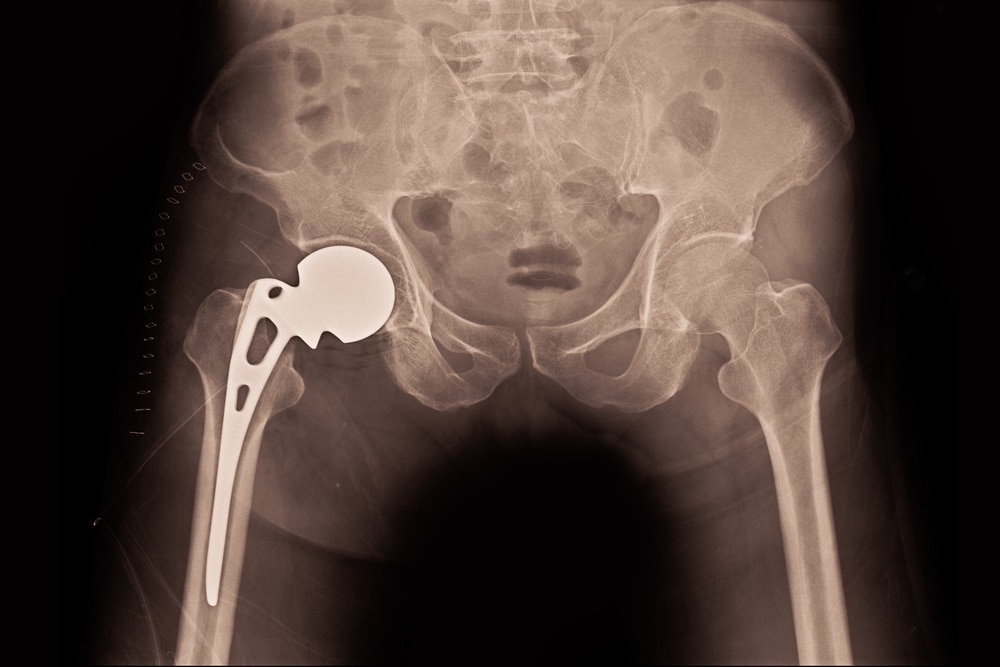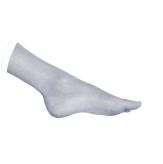
A recent study by the University of Illinois has discovered that gender does play a role in terms of whether the outcomes from hip replacement surgery is good or poor.
The study was to identify why gender affects the outcomes of post hip replacement surgery. This includes the benefits of having hip replacement surgery and recovering that pain, function, range of motion and strength that should improve.
While previous studies have touched on this, this study by the University of Illinois was dedicated to discovering whether this is true.
What Did the Study Involve?
Researchers studied 124 individuals before and after a hip replacement (hip arthroplasty). A little over half of the participants were female and the average age was 61. Measurements of their walking mechanics, such as gait, hip abductor strength, function and pain were recorded. Both the men and women’s results were separated and then compared for analyses.
What Were the Results?
This study found that changes to pain and function impact on abductor strength and gait for both men and women post-surgery. The study found that strength in the hip abductor resulted in improved function in women who reported better functional recovery (such as walking without limping) but not men. However, some varying gaits resulted in pain relief for men.
What Do Other Studies Say?
A study by Kaiser Permanente Southern California found that women are 29% more likely to have an implant fail compared to men. The study noted that while more women have poorer outcomes, there are more women having more hip replacement surgeries and living longer than men. But the study claimed that was evidence that the difference in anatomy between genders, osteoarthritis (which women suffer more than men 26% of US women to 18% of US men) and osteoporosis may increase the risk of dislocation.
What Does This Mean for Men and Women?
Ultimately, the University of Illinois study can conclude that hip surgeries aren’t a ‘one-size-fits-all’ for either gender. Knowing this, further studies can be carried out and, hopefully, result in tailored surgery/rehabilitation dependent on gender. If this is established, it could speed up recovery time, minimise discomfort and avoid failures of the hip in the future.
What Is Considered the Best Method of Recovery Post Surgery?
Getting patients up and about post-surgery as soon as possible results in faster and more comfortable recovery process. This not only saves time on the patient’s behalf but also reduces post-surgery complications.
Our specialties
We cover all the subspecialty areas of orthopaedics
Recent articles

Great Turnout for Our Educational Event & Upcoming Events Information
Last Friday, London Bridge Orthopaedics held an educational event about the latest developments in the field of orthopaedics. Friday’s event focused on the latest breakthroughs on shoulder impingement and other sports injuries. The event was presented by Mr Adel Tavkkolizadeh, ...
Read more









